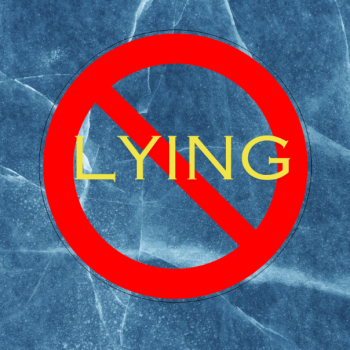When the writer and academic Richard Hoggart founded the Centre for Contemporary Cultural Studies at Birmingham University in 1964, he invited Stuart Hall, who has died aged 82, to join him as its first research fellow. Four years later Hall became acting director and, in 1972, director. Cultural studies was then a minority pursuit: half a century on it is everywhere, generating a wealth of significant work even if, in its institutionalised form, it can include intellectual positions that Hall could never endorse.
The foundations of cultural studies lay in an insistence on taking popular, low-status cultural forms seriously and tracing the interweaving threads of culture, power and politics. Its interdisciplinary perspectives drew on literary theory, linguistics and cultural anthropology in order to analyse subjects as diverse as youth sub-cultures, popular media and gendered and ethnic identities – thus creating something of a model, for example, for the Guardian’s own G2 section.
Hall was always among the first to identify key questions of the age, and routinely sceptical about easy answers. A spellbinding orator and a teacher of enormous influence, he never indulged in academic point-scoring. Hall’s political imagination combined vitality and subtlety; in the field of ideas he was tough, ready to combat positions he believed to be politically dangerous. Yet he was unfailingly courteous, generous towards students, activists, artists and visitors from across the globe, many of whom came to love him. Hall won accolades from universities worldwide, despite never thinking of himself as a scholar. Universities offered him a base from which he could teach – a source of great pleasure for him – and collaborate with others in public debate.
He was born in Kingston, into an aspiring Jamaican family. His father, Herman, was the first non-white person to hold a senior position – chief accountant – with United Fruit in Jamaica. Jessie, his formidable mother, had white forebears and identified with the ethos of an imaginary, distant Britain. Hall received a classical English education at Jamaica College in Kingston – while allying himself with the struggle for independence from colonial rule.
Read the rest here















